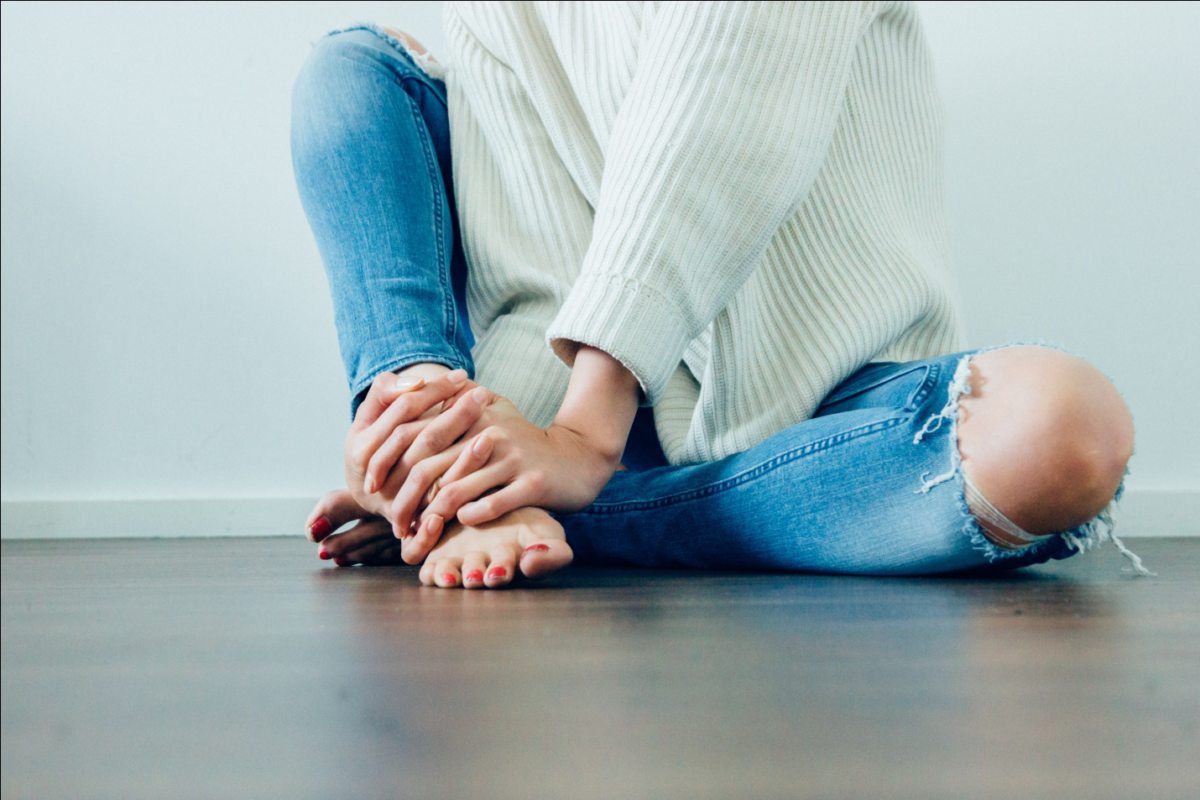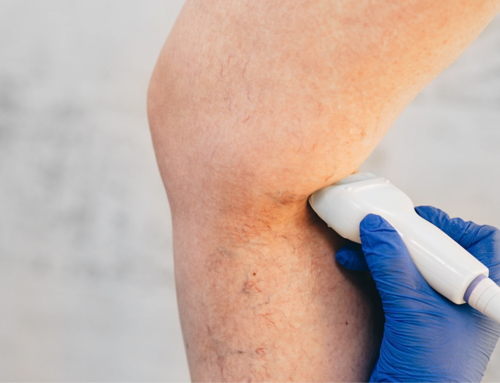Restless Leg Syndrome (RLS) is more than just the desire to move your legs occasionally. This neurological condition, that affects about 7–10 percent of Americans—causes the irresistible urge to move our legs, often accompanied by uncomfortable sensations in them.
The need to move your legs is caused by an unpleasant pulling, crawling, or itching feeling deep within. People struggling with the condition often stretch, walk around, and rub the area of discomfort—but to no avail.
The National Sleep Foundation reports that this condition, also known as Willis-Ekbom Disease, is most often experienced when the leg is in a resting position. The severity of the symptoms increases in the evening and at night, causing discomfort in the patients’ sleep.
Seeking the help of a medical professional will help you combat the symptoms and manage them effectively.
Identifying environmental triggers will help you avoid them. Some of the common ones are:
Restless Leg Syndrome – Caffeine
Coffee, tea, and cola are stimulants that boost the circulation of adrenaline in your body and give you short bursts of energy. Consuming food and beverages that contain caffeine can trigger your Restless Leg Syndrome, especially when you have them at night.
Limiting your intake will help you manage the symptoms effectively.

Excessive medication
Certain non-prescription and prescription medications can exacerbate your RLS symptoms. This is often the case with anti-nausea medication that hinders your brain’s dopamine receptors while anti-depressants can increase serotonin. These drugs can exacerbate existing symptoms or introduce newer ones until they’re addressed.
Seek your doctor’s advice before reducing the dosage of your medication or switching it entirely.
Irregular sleep patterns
Sleep and Restless Leg Syndrome mutually affect each other. While the symptoms often worsen at night and hinder sleep, a lack of rest only exacerbates them.
Sleep hygiene has been suggested as an important step in managing the condition. A regular sleep schedule with minimal disturbance is ideal for ensuring the quality of your sleep and, thus, a reduction in the Restless Leg Syndrome symptoms.
While avoiding these triggers will help you manage the onset of symptoms. You need a more effective treatment plan to maintain your quality of life with Restless Leg Syndrome.
Iron deficiency and nerve damage frequently cause the condition; you should seek the help of medical professionals who can treat your symptoms and any underlying ailments that may be associated with RLS.
If you’re based in New York and experience Restless Leg Syndrome, talk to our specialists by getting an appointment at 212-906-9111. Our team of experts includes some of the leading specialists in NY who can provide an effective treatment plan for your condition.





